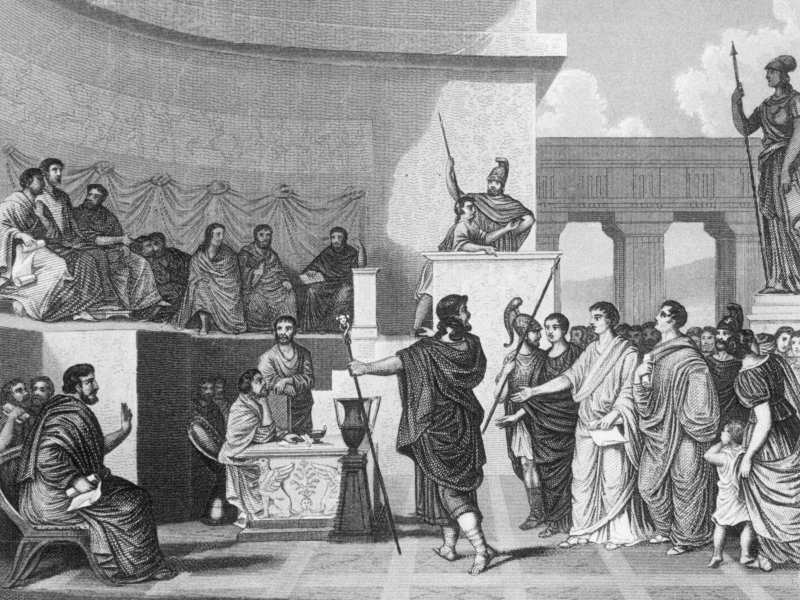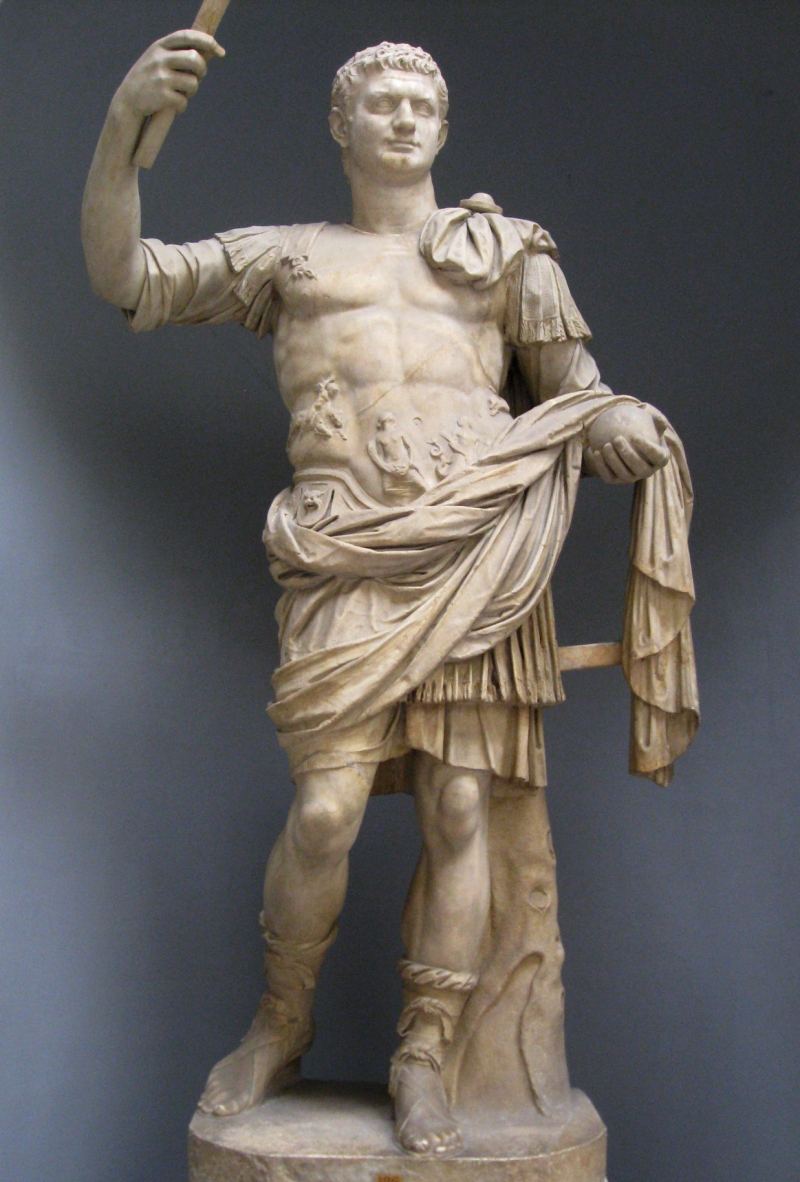He was described as "a ruthless but efficient autocrat"
One of the most interesting facts about Domitian is that he was described as "a ruthless but efficient autocrat". His authoritarian style of rule put him at a clash with the Senate, whose powers he severely limited. Members of the Roman Senate regarded him as a tyrant. In ancient Rome, the Roman Senate served as a governing and advising body. It was one of the most enduring institutions in Roman history, having been formed in the early days of Rome (traditionally founded in 753 BC). It survived the overthrow of the Roman monarchy in 509 BC, the fall of the Roman Republic in the first century BC, the division of the Roman Empire in AD 395, and the fall of the Western Roman Empire in 476, as well as Justinian's attempted reconquest of the west in the sixth century, and lasted well into the history of the Eastern Roman Empire.
Domitian was killed by court officials in 96, bringing an end to his reign. On the same day, his advisor Nerva took his place. Domitian's memory was doomed to oblivion by the Senate after his death, while senatorial and equestrian authors like Tacitus, Pliny the Younger, and Suetonius perpetuated Domitian's image as a ruthless and paranoid ruler. Instead, modern revisionists see Domitian as a ruthless but effective tyrant whose cultural, economic, and political plans laid the groundwork for the calm second century.










